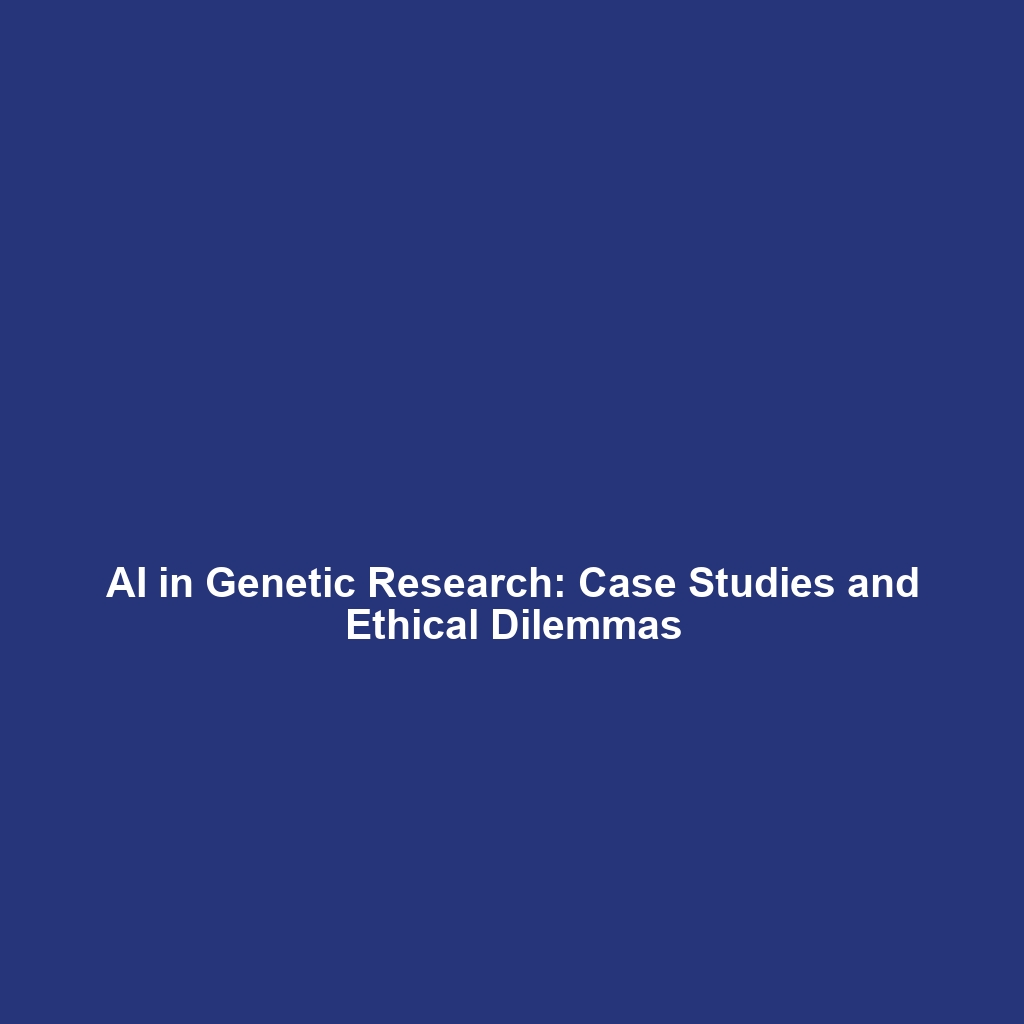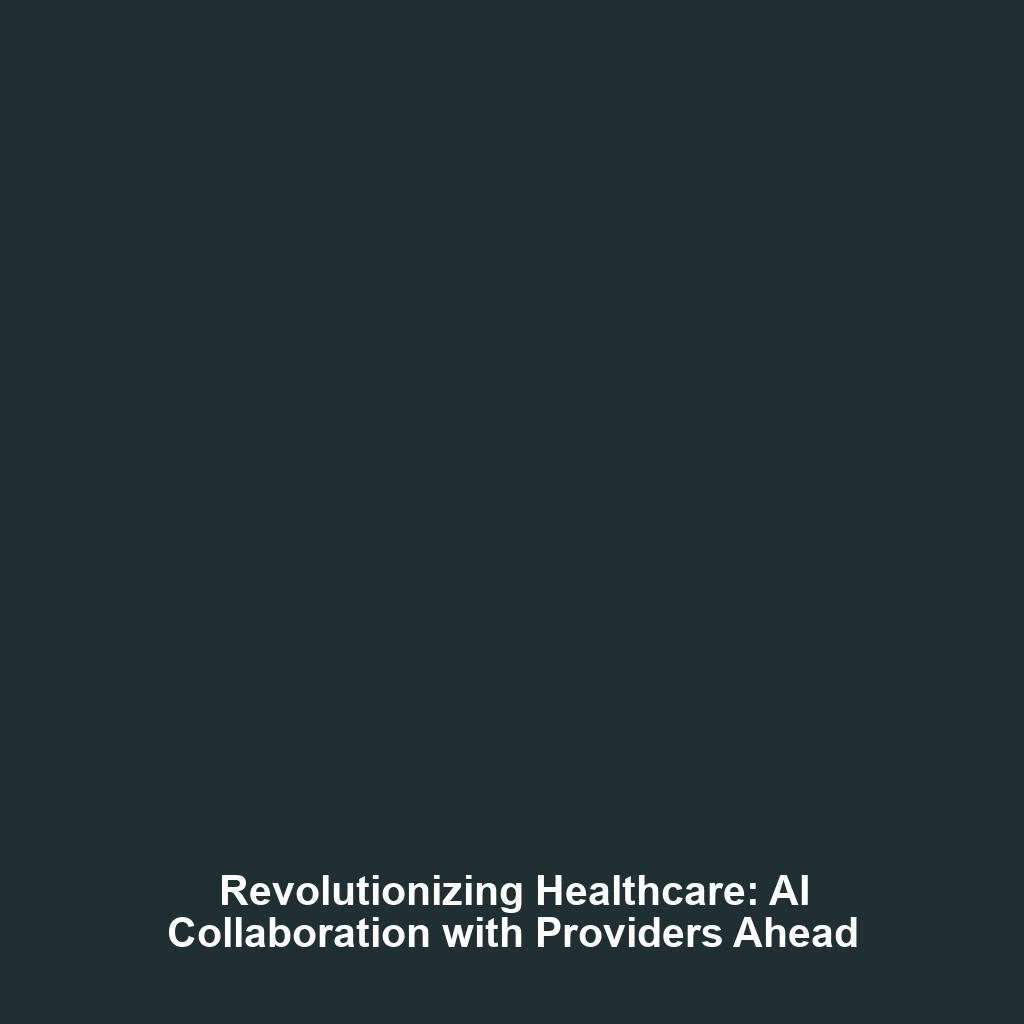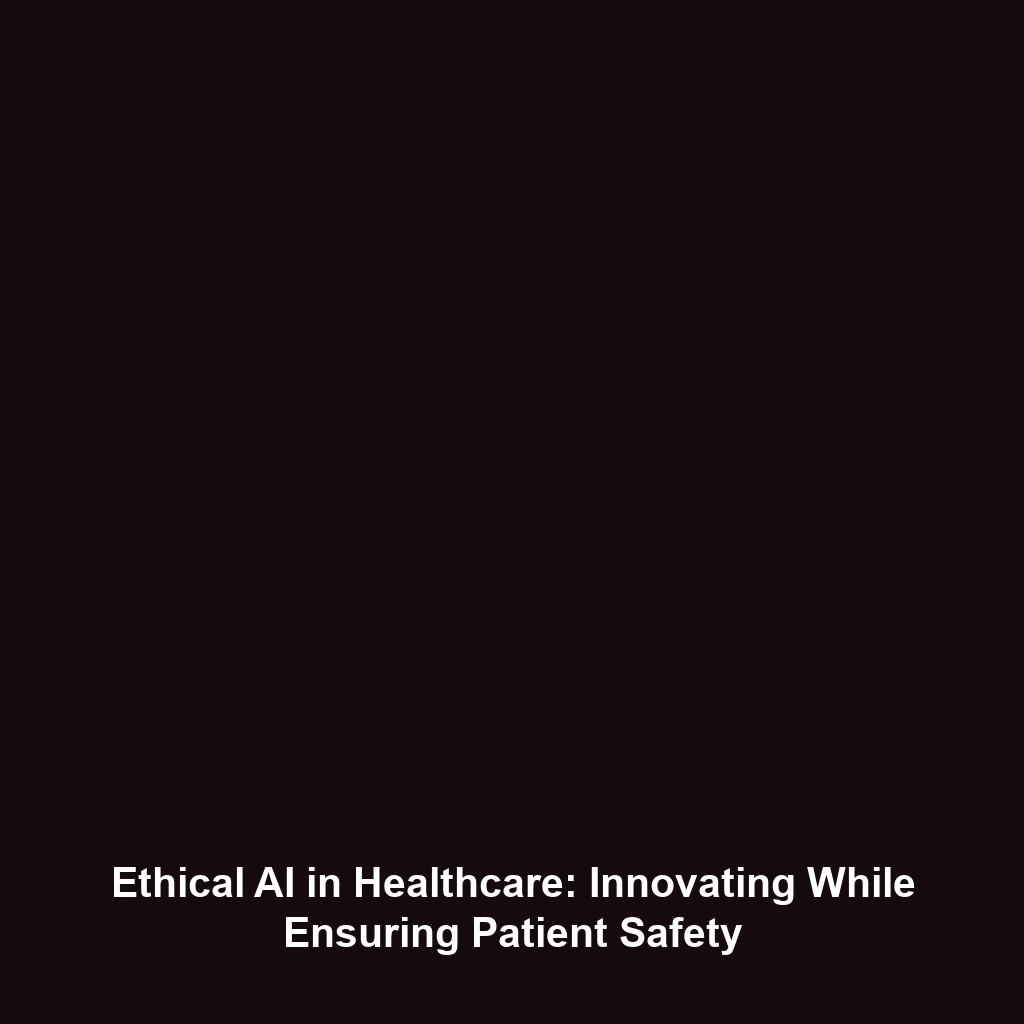Ethical Concerns About Delegating Life-and-Death Decisions to Machines
Introduction
As artificial intelligence (AI) becomes increasingly integrated into critical sectors such as healthcare, law enforcement, and transportation, the ethical implications of delegating life-and-death decisions to machines emerge as a pressing concern. These ethical concerns sit at the intersection of accountability, bias, and autonomy, raising profound questions within the broader context of AI Ethics. Understanding these challenges is vital as they will shape the framework in which future AI technologies operate.
Key Concepts
Accountability
One major concept in AI Ethics is accountability, particularly regarding who is responsible when a machine makes a erroneous decision with life-altering consequences. Establishing clear accountability frameworks is essential.
Bias in Algorithms
Bias in algorithms leads to disparities in outcomes, raising ethical concerns regarding fairness in life-and-death situations. This factor also underlines the need for diversification in the data used to train AI systems.
Autonomy vs. Human Oversight
The balance between machine autonomy and human oversight is another critical aspect of these ethical deliberations, emphasizing the need for transparency in AI decision-making processes.
Applications and Real-World Uses
In the context of AI Ethics, several significant applications illustrate the ethical concerns surrounding machines making critical decisions:
- Healthcare: AI systems are being employed to determine treatment pathways in surgical operations or resource allocation during crises.
- Autonomous Vehicles: Decisions made by AI in accident scenarios raise questions about how machines evaluate life-threatening situations.
- Criminal Justice: Predictive policing algorithms assess risks but may inadvertently reinforce societal biases, affecting who gets prosecuted or imprisoned.
Current Challenges
There are several challenges associated with the ethical concerns of delegating life-and-death decisions to machines:
- Lack of standardization in ethical guidelines for AI applications.
- Insufficient transparency in how algorithms reach critical decisions.
- Overreliance on AI potentially reducing human accountability.
- Challenges in effectively communicating the reasoning behind AI decisions to non-experts.
Future Research and Innovations
The future of AI Ethics will likely involve emerging technologies that enhance machine learning transparency and fairness. Potential areas for research include:
- Development of algorithms that can explain their decision-making processes.
- Integrating ethical frameworks directly into the AI programming process.
- Investigating the psychological impacts of AI on human decision-making and ethics.
Conclusion
In summary, the ethical concerns about delegating life-and-death decisions to machines encompass critical issues related to accountability, bias, and the balance of autonomy. As we navigate this complex landscape, it is essential to foster discussions on the implications of AI in our lives. For more information on related topics, explore our articles on AI Accountability and Bias in AI.





